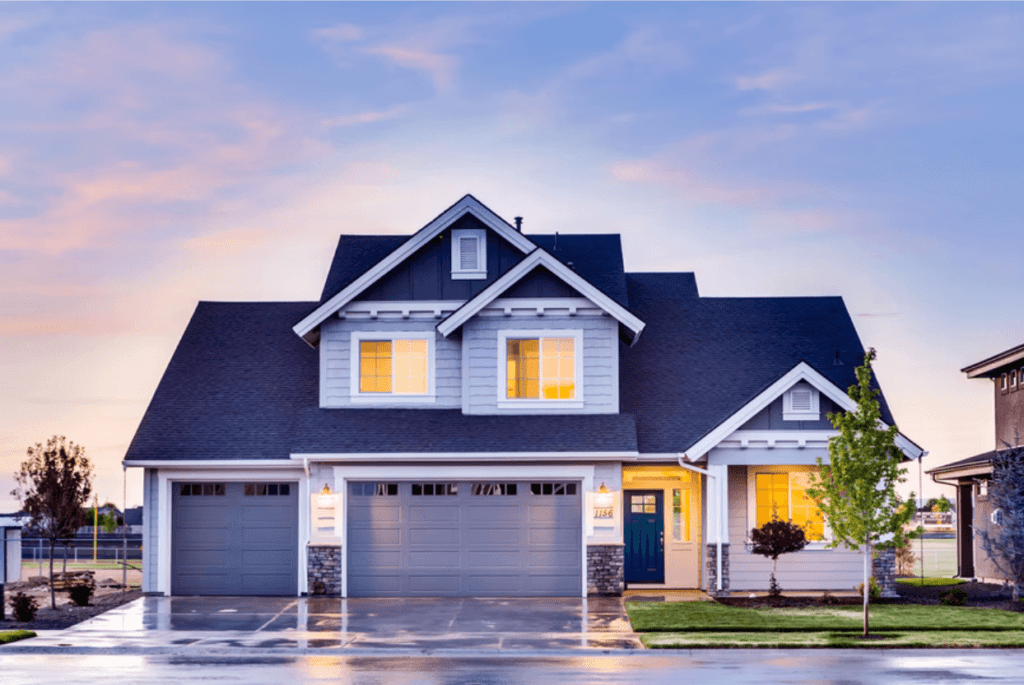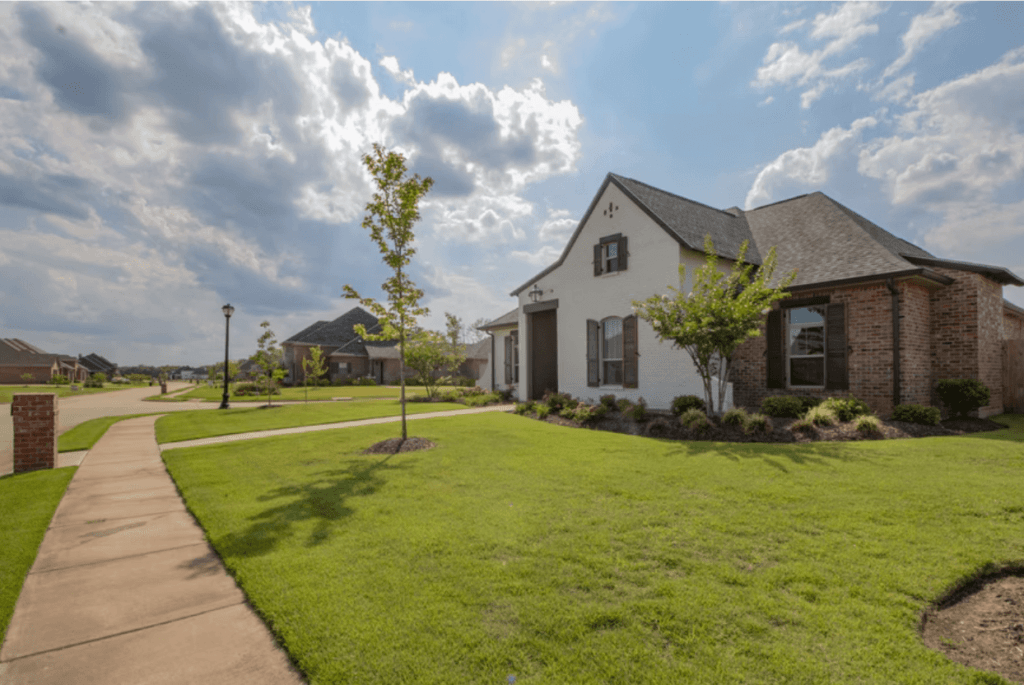Buying a house is one of the biggest decisions you will ever make. Sometimes this can be an excellent financial decision but it is important to remember that there are also risks associated with homeownership. So before you take the plunge, make sure you consider all the factors. Therefore, here are the top six things you need to think about before buying a house:

1. Payment Options
When you buy a house, you have to make a down payment and then commit to monthly mortgage payments. There are various ways you can pay for your home – all at once, over time, or with a mix of both. You must choose a payment option that is comfortable for you and will not cause you financial stress in the future. One of the options that are becoming more and more popular today is house hacking that involves buying a property that the investor lives in and then renting out one part of it. It can reduce the mortgage payments with the rental income and sometimes even make a profit. The house hacker can spend this passive income as they wish. They mostly use it to pay down the mortgage or make a large purchase. Learn more about accountant home loans and the best payment options for you. These options are beneficial as they make the loan process easier and more affordable for you.
Still, you may want to consider which lender is best for you or what mortgage to sign you up for on mortgage payments. That means you’ll need to do thorough research, especially concerning how quickly you can get your mortgage approved. In America, for example, the FHA mortgage is one of the easiest to get approval for. But there are also other mortgage types you can choose from.
When diving into the world of real estate, don’t forget to explore SG property listings to find the perfect home that suits your needs and preferences.
2. Long-Term Costs of Homeownership
You might be interested in the monthly mortgage payments, but you also need to consider other expenses that come with owning your home. These can include property taxes, homeowners insurance, utility bills, repairs, and maintenance costs. It is important that you closely monitor these expenses because they may affect your monthly budget or even cause you to spend more than you had planned. You should also consider how much money you need to put aside every month in case an emergency arises and you need to make a major repair. All of these costs will add up over time so you need to be prepared for it.
3. Location
The best real estate decision you can make is to buy the right house at the right time in the right neighborhood. Location can be very important because it determines everything from your commute and transportation options to crime rates, schools, and even property values. Real estate prices go up and down so it is important that you not only look into current market trends but also try to predict what will happen next in terms of home value changes. The value of modern houses has grown over time and if you haven’t noticed yet, then this could be a mistake for you. Many people who wanted to turn their homes into investment properties and cash in when prices were high have fallen victim to bad timing when they bought large estates or second homes when prices were low. You mustn’t make this mistake because real estate prices can go down as well as up.
4. Property Tax Rates
Property tax rates are often calculated by taking the value of your house (which is assessed by the county) and multiplying it by the rate. Your local government will send you a tax bill to remind you how much you owe in taxes, but why not see if this number matches what you have expected? You can calculate it yourself with county databases or websites where they offer these types of information. If the math doesn’t add up then either your estimate was wrong or something has happened that changed your property’s value without alerting you about it.
5. Size and the Type of the House
Another thing you need to think about is the size and type of the house. Do you want a small starter home or a bigger place that will accommodate your growing family? How much space do you need and what kind of layout are you looking for? These are all important things to consider before buying a house. You also need to think about the age of the property. If you’re buying an older home, you may need to budget for repairs and maintenance that may not be necessary with newer construction. And if you’re looking for something specific – like a one-story house or one with a lot of bedrooms – make sure that it’s available in your price range. Regardless of what you’re looking for, always remember to keep your needs in mind when house hunting.
6. The Neighborhood
Last but not least, you need to think about the neighborhood. What is it like? Is it safe? Are there good schools nearby? Is there access to public transportation or is it in a remote area? These are all important things to consider before making your purchase. You also need to take into account the neighbors – do you get along with them or do you think they will be a nuisance? It’s always a good idea to drive around the neighborhood during different times of day to get a sense of what it’s like. And don’t forget to check out the local amenities like restaurants, bars, shopping, and other things that you might want close by.
If you are looking for a property on Richmond Hill, you’ll be surprised by the difference in the vibe between different neighborhoods. It is best to get a Richmond Hill realtor who can help you navigate the town and find the perfect spot for your next home. They can also give you insights about the local community, upcoming developments, or changes in the area. Always remember to do your research beforehand and choose a neighborhood that is right for you and your lifestyle.

Buying a house is one of the most important decisions you will make. It should be carefully thought out and planned so that you don’t unintentionally spend too much money on the wrong property, or find yourself in a location that isn’t ideal for your needs. The best way to avoid this is to look into everything mentioned above with care and honesty before signing on any dotted line.



